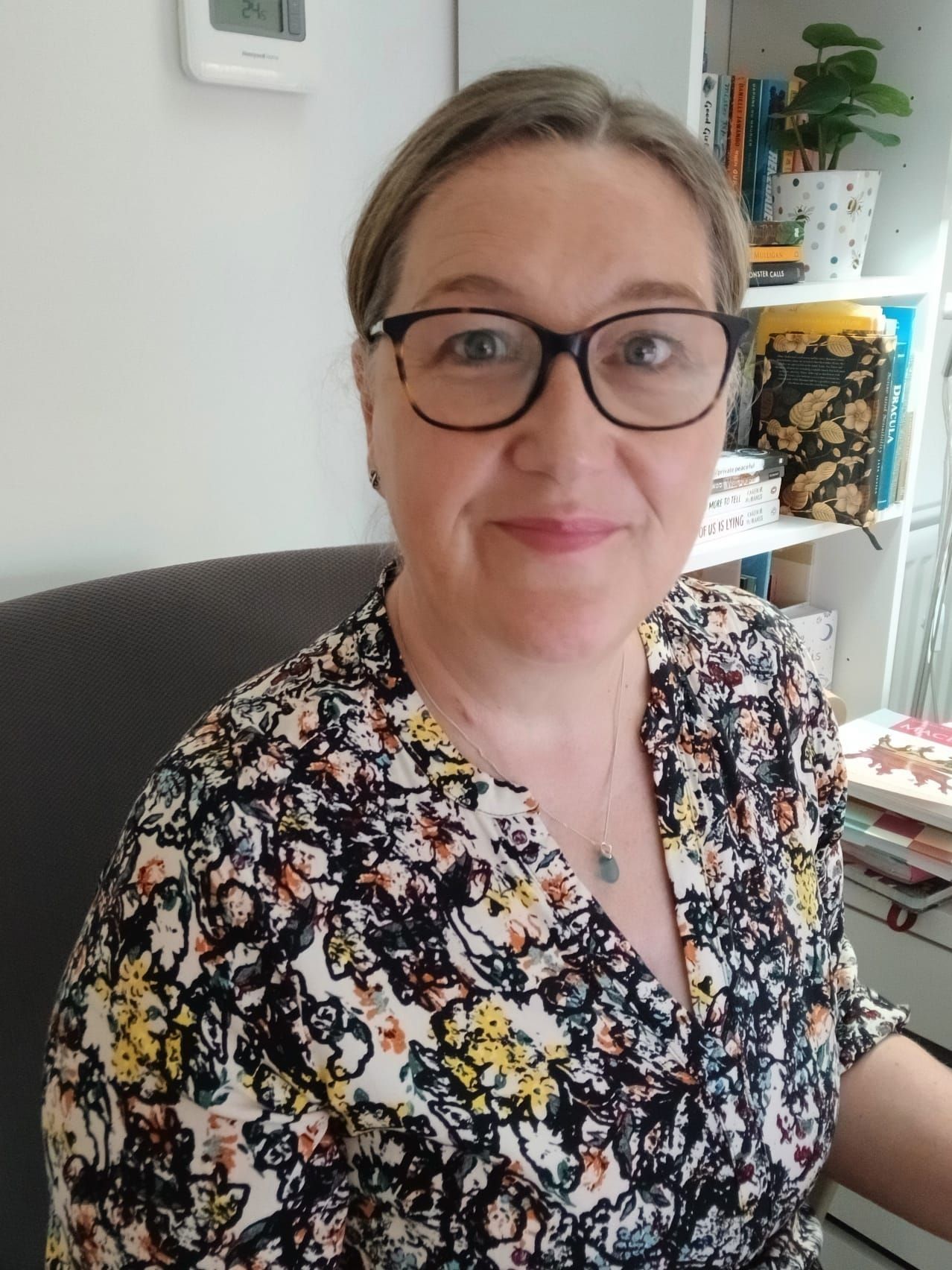Friday 1st August - iGCSE or GCSE?

GCSE English
GCSE English Language and Literature are the standard UK qualifications most students sit at the end of Year 11. They’re typically taken in schools and follow government guidelines set by Ofqual.
Key features:
- Two separate subjects: English Language and English Literature
- Spoken Language Endorsement: Students are required to complete a spoken presentation, which is teacher-assessed
- Texts set by the exam board: Often include Shakespeare, a 19th-century novel, and a modern drama or prose text
- Assessed through closed-book exams: Students can't take their texts into the exam
- Widely accepted and familiar in UK schools
From a personal perspective, every school I’ve worked in has followed the AQA specification — so I’ve delivered it for years in the classroom. AQA is particularly strong on analytical skills, which I love. It encourages students to look at writers' methods in real detail, especially on Language Paper 1 and in Literature questions. I personally feel that the breadth of this qualification prepares students effectively to study this at A level and beyond.
IGCSE English (International GCSE – Cambridge or Edexcel)
IGCSE stands for International GCSE and was originally designed for overseas students, but it’s now a popular choice for home-educated children, international schools and some independent schools.
Key features:
- No spoken language requirement (unless you opt into it)
- Often more flexible for private candidates
- Some students find the structure clearer, especially with Cambridge IGCSE English Language
- Texts can come from a more international pool, exposing students to global voices and experiences
- A strong choice for families abroad or those needing exam board flexibility
One of the things I genuinely love about the Edexcel IGCSE is the anthology of texts that students study for the English Language paper. The texts are rigorous and thoughtfully chosen — exposing students to ambitious vocabulary, diverse cultures, and wide-ranging themes.Even when I’m working with students who aren’t sitting the Edexcel IGCSE, I often draw from that anthology, especially because most students don’t naturally read much non-fiction. The quality of those texts — including travel writing, memoirs, opinion pieces and speeches — offers a brilliant springboard for learning how writers express ideas, argue viewpoints, and engage readers. For example - the late Benjamin Zephaniah is hugley relatable and links can be made to the text in the anthology about his struggles with dyslexia and his fiction such as Face and Refugee Boy...
So... which one is harder?
There’s no clear-cut answer — both GCSE and IGCSE are challenging, respected qualifications that can help your child reach their goals. It really depends on your child’s learning style, support system, and personal preferences.
As a tutor and examiner who has worked across AQA, Edexcel, Eduqas, OCR, and Cambridge, I can tell you each exam board has its strengths:
- AQA: In-depth analysis, especially strong on technique and method
- Edexcel (IGCSE and GCSE): Clear structure, well-chosen texts, sometimes more focused on overall understanding of the text
- Cambridge IGCSE: Popular with international schools and private candidates for its accessibility and logical paper layout
Final thoughts...
If you’re unsure which pathway is right for your child, my biggest tip is to contact your local exam centre early — especially if you’re home-educating. Find out what they’ll accept and what their deadlines are for things like the spoken language endorsement.I’ve worked with students sitting both GCSE and IGCSE exams, and in some cases helped them switch to a better-fitting board. The key is knowing the assessment objectives, understanding what examiners are looking for, and building confidence through exposure to good models and effective practice. If you are home educating, don't assume that you have to sit an iGCSE - some exam centres will now accept private candidates with the spoken language element - you need to do your research first!
How I can help...
I offer tuition and resources for both GCSE and IGCSE English, including:
- One-to-one support
- Examiner-marked mock papers with detailed feedback
- Live and on-demand masterclasses
- Full revision bundles tailored to your child’s exam board
I also have a team of English specialists to support in delivering a range of texts/boards.
If you choose to book one-to-one tuition with me or one of the expert tutors in my network, the sessions will always be tailored to your child’s specific exam board — whether that’s AQA, Edexcel, OCR, Cambridge IGCSE or another. We focus on the exact question formats, mark schemes, and skills needed to succeed in their exam.
Our group sessions, on the other hand, are designed to build strong, transferable skills that work across all exam boards. These are perfect for developing things like analysis, comparison, planning, and writing technique — but they don’t target a single specification.That’s why, as exams get closer, we often recommend a few one-to-one sessions — just to make sure your child understands their exact paper structure, how to approach it, and what the examiner is looking for.
It’s all about giving them confidence and clarity — no surprises on exam day.